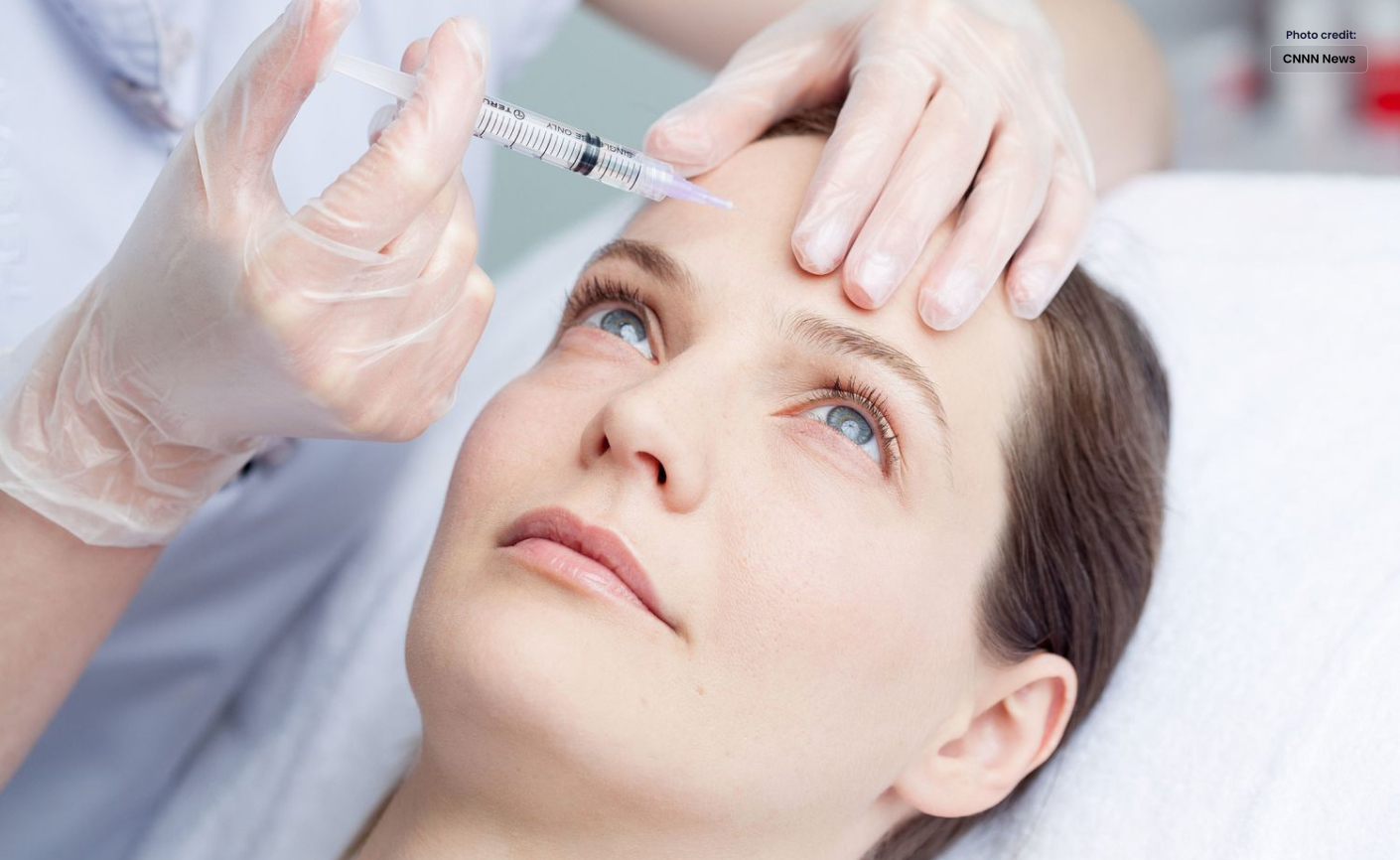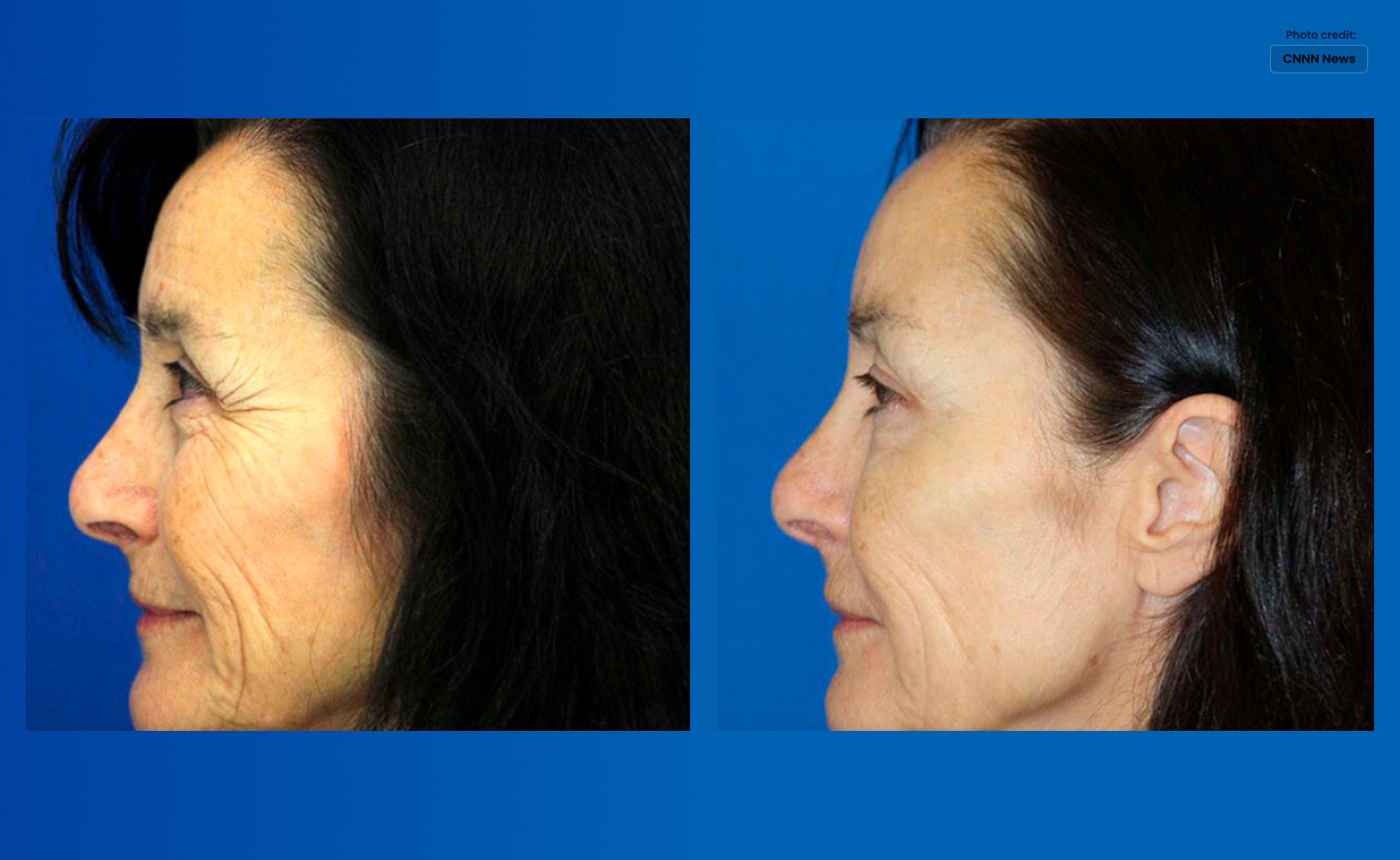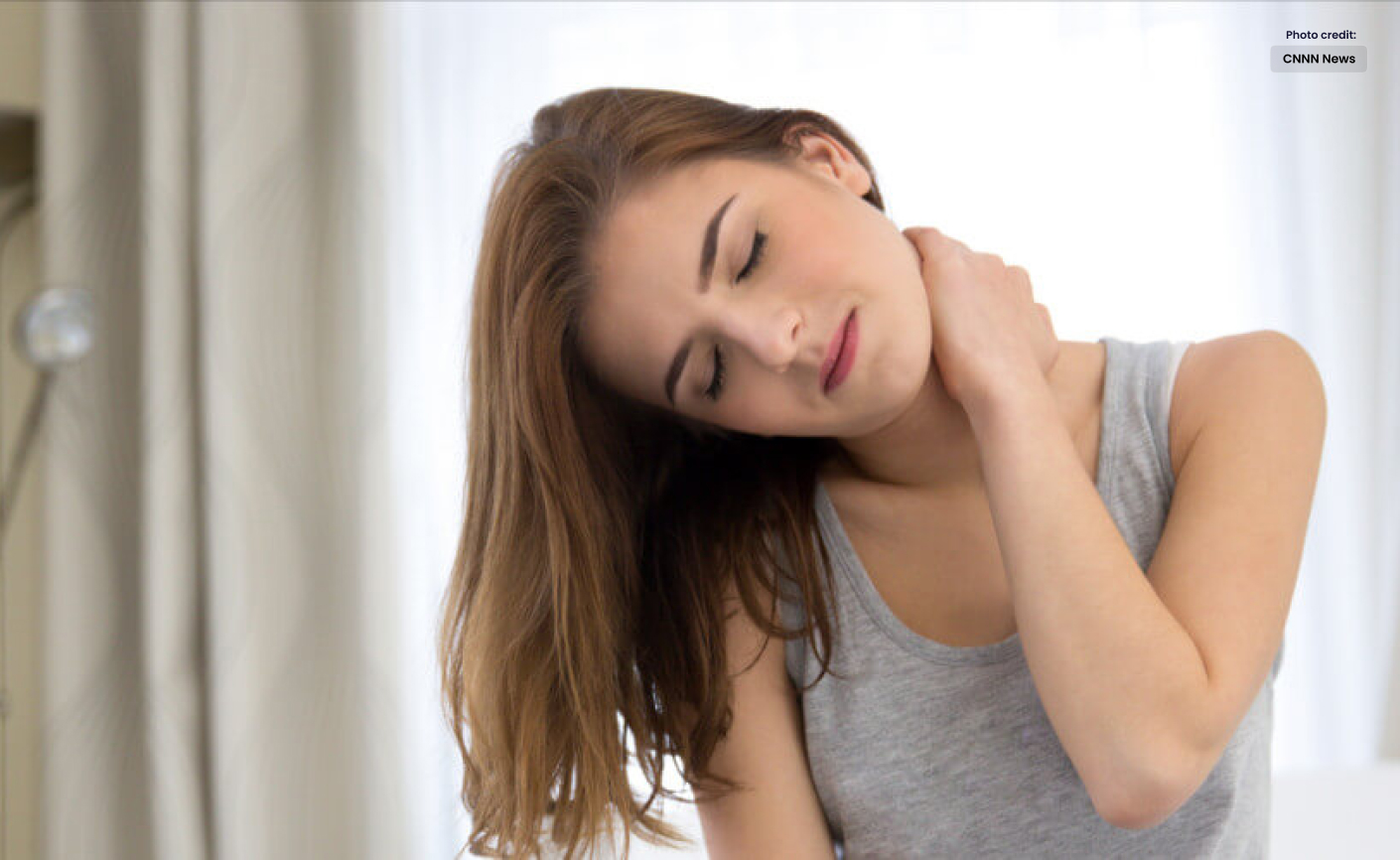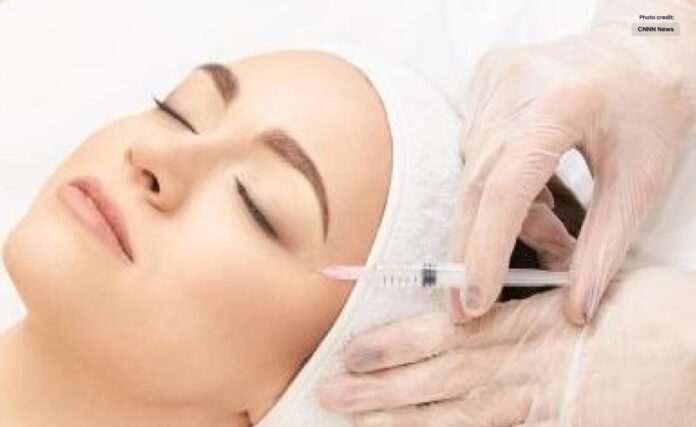Botox botulinum toxins may impact emotions the central nervous system.
Botox injections are often use to treat urination, extreme sweating, migraines, wrinkles, and muscle cramps. A recent study reveals that it can potentially be use to cope with anxiety.
Professor of pharmacy Ruben Abagyan, Ph.D., says,
“The FDA is receiving reports of a significant number of various side effects”
People who had Botox injections reported melancholy substantially less frequently than patients receiving other treatments for the same diseases, according to a comparable study conducted in 2020 using the same database.

Finding adverse side effects that were missed during clinical trials is typically the major goal.
“Our plan, though, was distinct. Why don’t we go the other direction? Why can’t we discover positive effects?
Researchers searched the database for instances of anxiety and disorders connected to it being absent or less common as a health complaint.

The data was then contrast with a control group while receiving Botox.
Later, using a theoretical calculation, researchers were able to detect substantial differences between individuals who used Botox and those who received other treatments for the same illnesses.
They discovered that the reported anxiety risk was 22 to 72 percent lower in patients who received Botox treatment.
For four of eight conditions and injection sites—facial muscles for cosmetic purposes.
Injections of Botox are frequently use to minimize wrinkles.

No matter where the injection was given, both studies show a reduction in symptoms.
Therefore, scientists questioned the idea that patients would have felt better as a result of having less wrinkles or as a result of Botox’s ability to stop frowning.
Nevertheless, experts believe that Botox’s precise molecular processes for reducing anxiety and depression may be distinct.
The paths that lead to anxiety attacks and depression have different causes, as per Abagyan.
Facial and head muscles for migraines, upper and lower limbs for spasticity, and neck muscles for torticollis.

Researchers propose potential theories, suggesting that while anxiety episodes and depression may be similar, their causes may differ.
Botox is use to cure chronic disorders that may contribute to anxiety; if the underlying ailment is treat successfully, anxiety may be subtly reduce as a result.
To fully understand how Botox reduces anxiety, more research is necessary.
To determine the ideal location and dosage for administering the medicine specifically for anxiety, clinical trials will be require.




